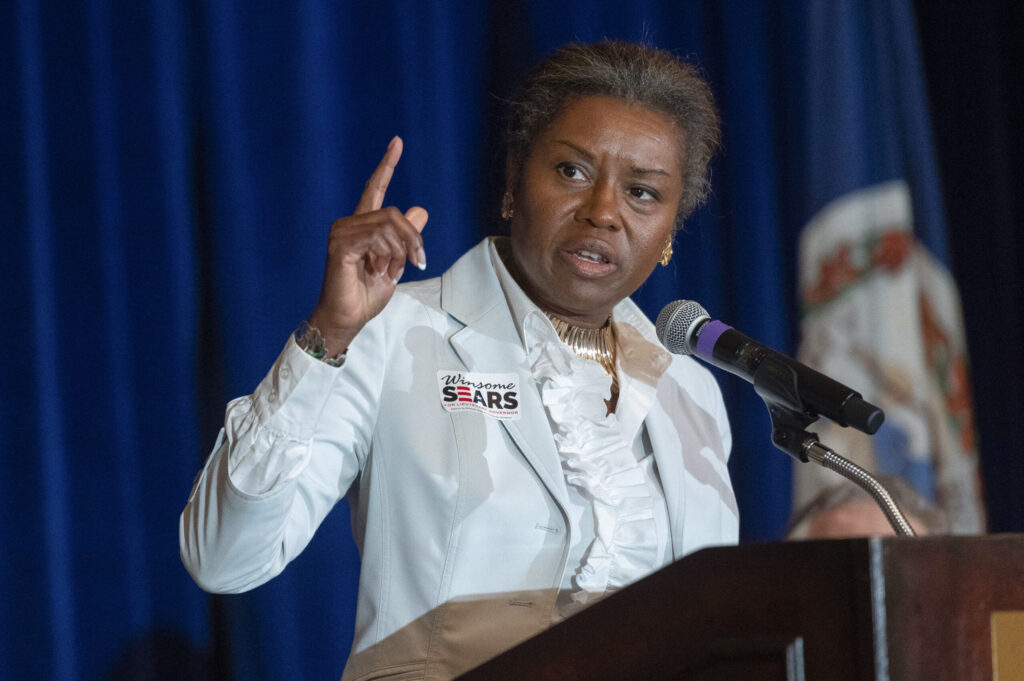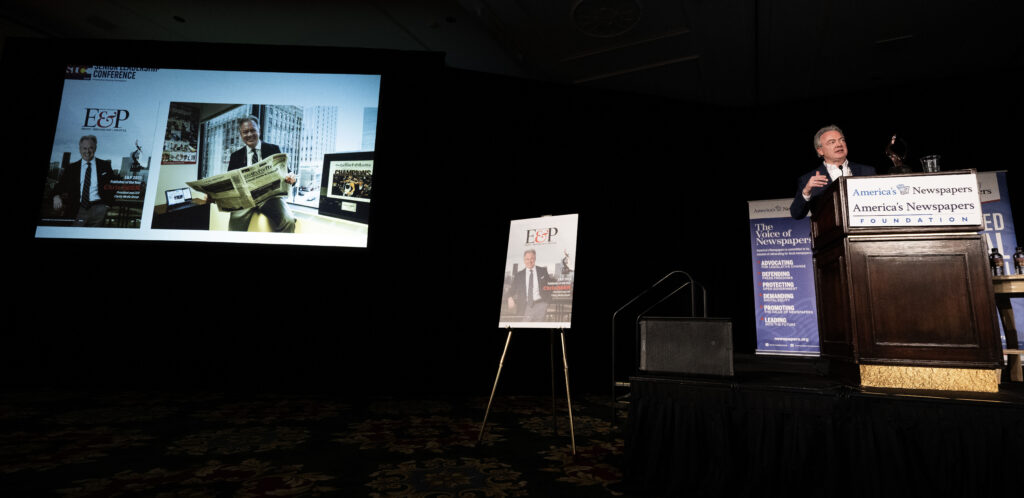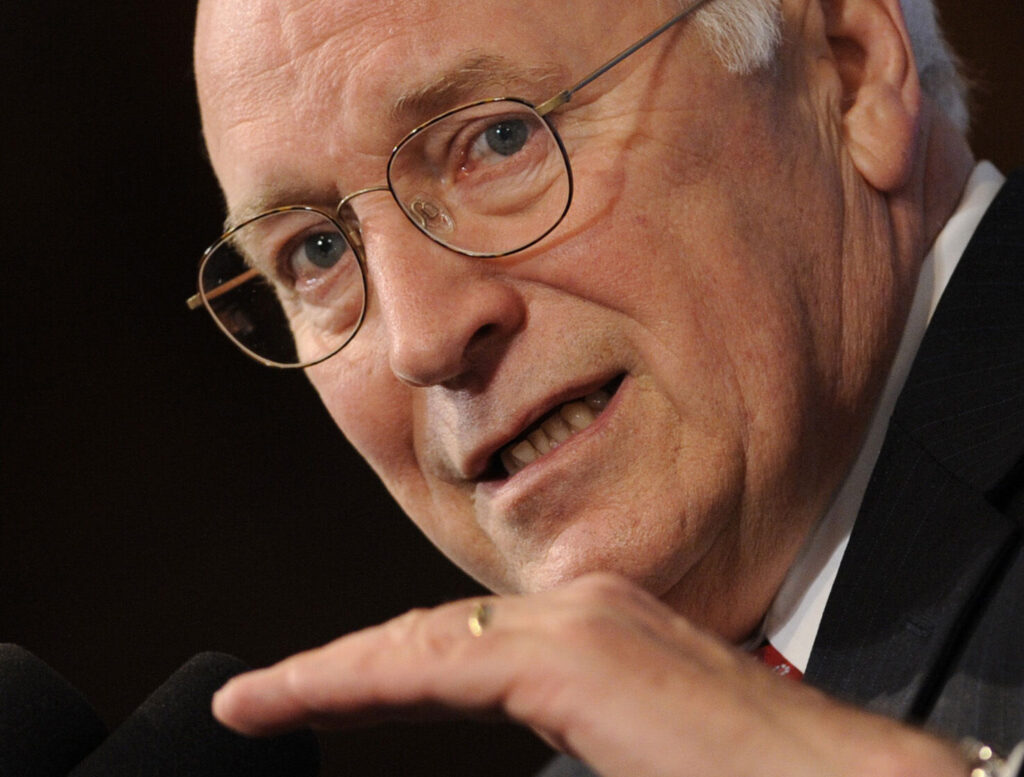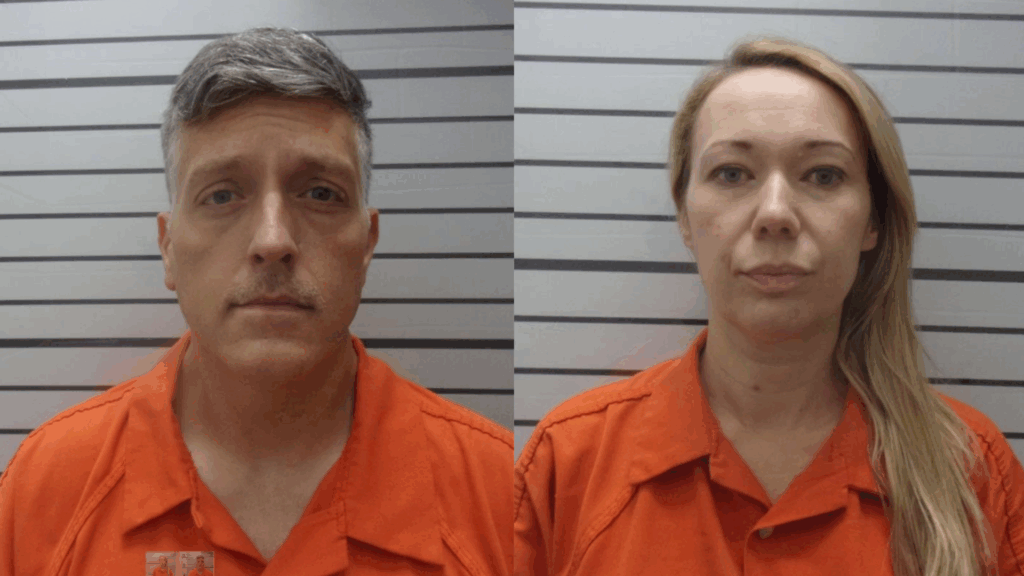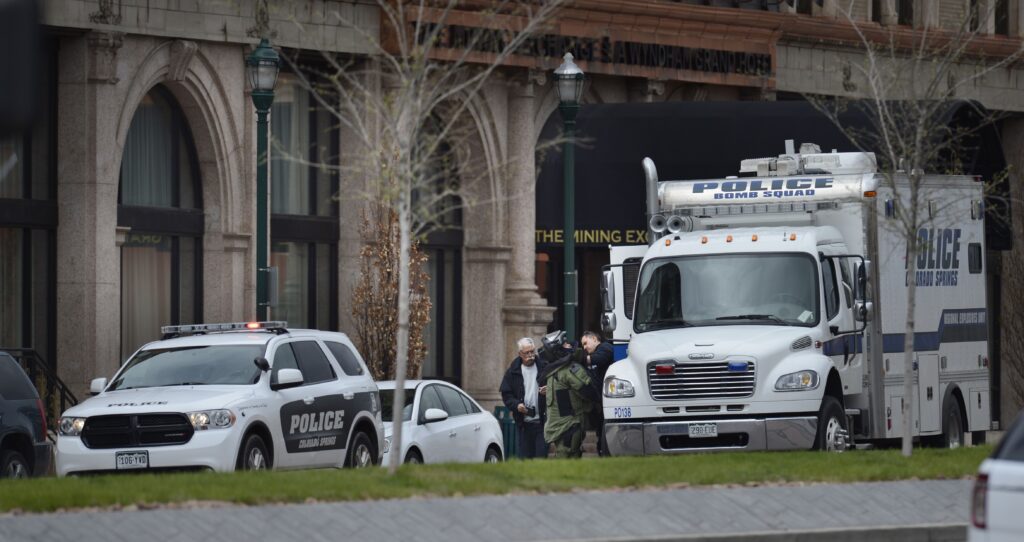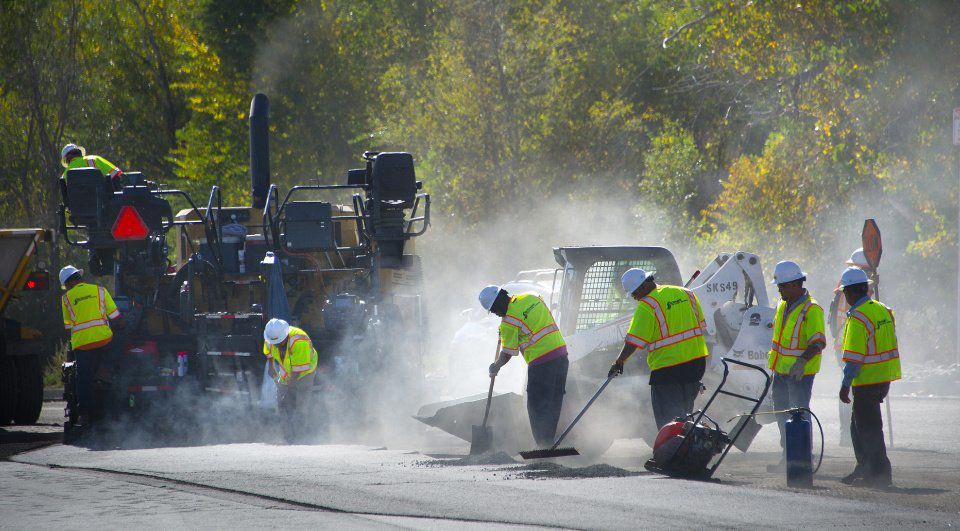Hick says he’s ‘all ears’ on ideas for funding transportation
The legislative session is more than two months away, so Gov. John Hickenlooper was philosophical about it Thursday afternoon.
He is facing his seventh session as governor, so with that comes insight, if not wisdom.
“I take each one of these sessions as a blank slate, Hickenlooper said. “I try to remain as open as possible to each initiative, each policy idea. I think a lot of the historic animosity and division between the two parties in Colorado has been misplaced. Trying to make government more effective and efficient, that’s not a Democratic or a Republican thing.”
Transportation funding was a big issue in the last session, and it will be again in the next. Colorado’s growth is making traffic on Interstate 25 from Pueblo to Fort Collins a daily grind, and Interstate 70 through the mountains isn’t much better, especially during ski season.
Democrats say they can move $750 million this year out from under the Taxpayer’s Bill or Rights revenue cap by reclassifying a Hospital Provider Fee into a enterprise fund. Republicans say that solution has all kinds of problems, and prefer borrowing $3.5 billion to get traffic moving.
Is there a compromise?
“I am all ears,” Hickenlooper said.
He said he’s not against transportation bonds.
“I’m all for that if you can find revenue for that,” the governor said. “They say they’re going to take the money to maintain our roads and put that into expansion of our capacity is ludicrous.”
There’s not enough money for maintenance as it is, he said.
“If we’re’ going to take the money we’re using for maintenance and put it into trans-bonds, then our roads are going to get even worse, especially in rural areas,” he said.
He is hopeful that the new legislature can make progress around partisan disagreements, however.
“Most of these issues I don’t think are terribly partisan. There are plenty of places where Democrats and Republicans can find common ground and we can move forward,” Hickenlooper said.
“Wouldn’t it be a nice thing if Colorado became the first state, maybe the only state, to go out and say, ‘Alright, in this state, we’ll go work on those things we can agree on and we’re going to get stuff done; we’re going to rebuild our infrastructure and improve our training and education and make sure our economy remains the strongest, most rapidly expanding in the country.’?”


